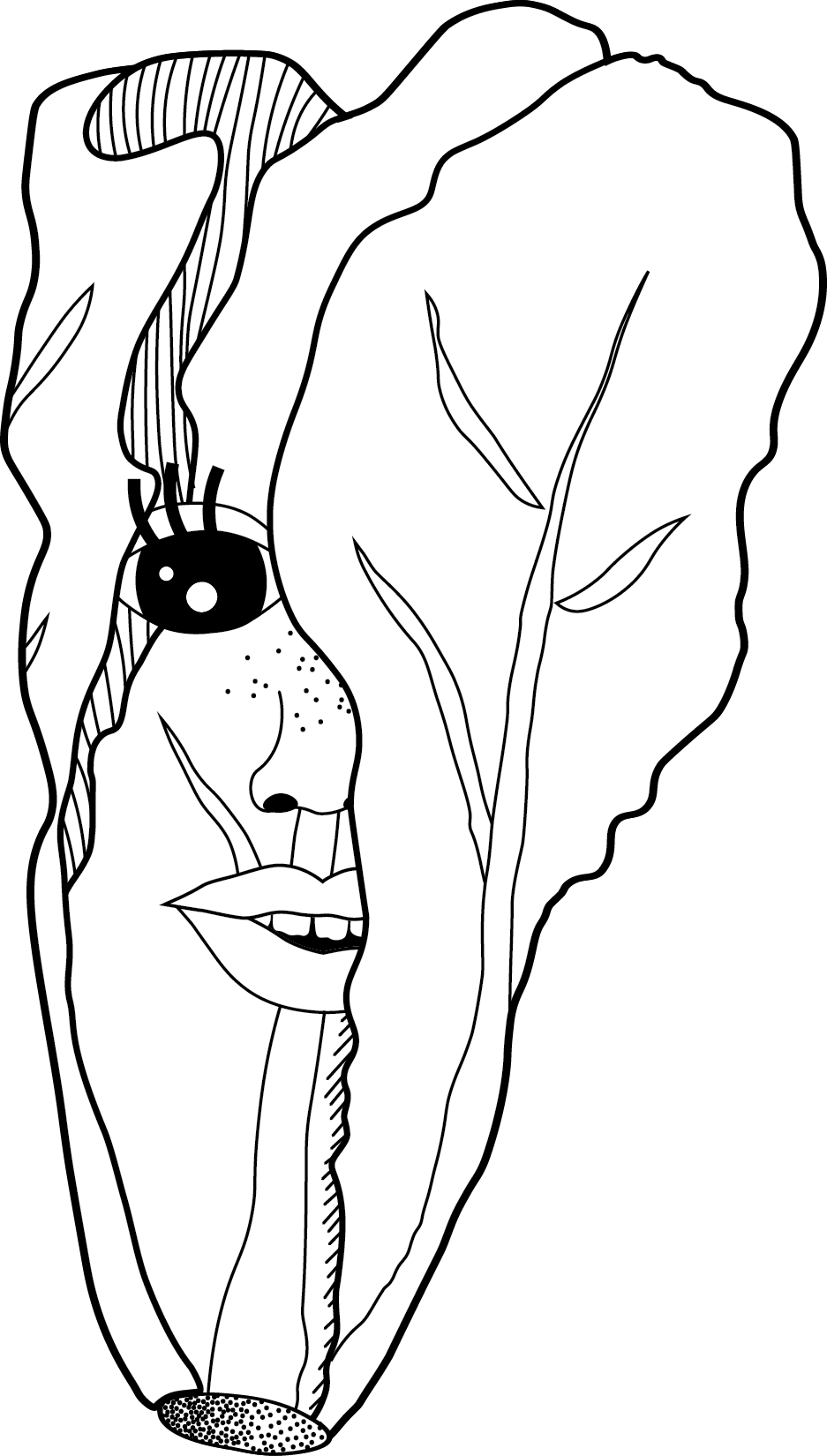A Mutiny
By: Anu Pohani
Now, she can exhale. The long Tube journey, trapped under someone’s armpit, is over. Simply one breath taken in the station deep underground is not sufficient. Her lungs still feel full of fog. Zahra uses the access to Canary Wharf that runs through the Shopping Mall. Four escalators in all, two more than are needed. The first two pass in the underground darkness. The lightness begins with the third escalator, too narrow to pass another passenger, to rush up faster. The last one leads into the glass pyramid, the final artifice before real air. She should walk off the first escalator, ignore the doors on the left, go straight ahead up a different escalator, the direct route to arrive at her desk in five minutes.
Each day, Zahra chooses not to. The park is a shrine she must visit. A daily, small rebellion to go through the park, a fragment of discarded green cloth on concrete grey fabric. Zahra sees the gardeners, the temple guards, each day. These trees, plants, the grass cannot thrive here ordinarily. The soil is not fertile. The sun is scarce as the buildings crowd the park and block it out. The flora requires the care of these gardeners to keep living, their flowers, their bodies artificially moulded to this artificial space.
There are signs of rebellion. A hedgerow refuses to bear enough leaves to create a green wall. A red camellia bush bears blooms which will fade from bright red to washed out pink despite ministrations. Sod, carpets of fresh grass, lain repeatedly over the years always fade into mud. The human overlords decide finally to replace pieces with Astroturf. Zahra is forced into unnatural being, being told to grow where nutrients do not come. Her biology, her colour, her essence excludes her from being nurtured with the same care and attention as some of the others.
She looks up at the Citi Tower and begins her incantation. The building is a tall monolith, monument to the sky, solid against moving clouds and yet appearing to eerily sway from the moving clouds. She looks to the ivy that has slipped past the gardeners’ attentions to uproot it. Ivy is sneaky, it comes always in little hidden bursts along the ground, against a fence. Zahra wills the ivy to climb. The Citi Tower, one day, all that will remain are the tops of its elevator shafts. Ivy has gradually eaten concrete. The superstructure has crumbled under its hungry fingers. The verdure will wind up its steel infrastructure or what is left of it.
Zahra’s eyes move to the fake/real water feature. The human overlords have designed it artfully, grey slate, against grey tarmac footpath. Water streaming gently downwards over the stone steps. The water feature is chest high; she supposes to make it more accessible for the serfs who rush past. Small fountains gurgle, a natural sound, unnaturally made. She wills the water to escape, to rise out of its pool, to join the river visible through a gap in the hedgerows. Flow over, up, and down the paths made for feet until it belongs to the water once more.
To the grass, peeking out near the evergreen plastic carpet, she drives it to return to its true form: long reeds, to overcome the rhythmic culling of a lawnmower. The gardeners are not temple guards; she recognises them finally for what they are: jailers. In her mind’s eye they began as carers, ensuring a small piece of nature is given its place. The truth arrives: they are guardsmen, paid to guarantee nature does not take its course. She banishes them in her mind, allowing the grass to rise high against a new riverbank. The Astroturf will fade to grey, broken over by the creeping grasses and weeds that belong here, but still somehow indestructible to time’s magic.
To the pines, planted here for their natural ability for supernatural growth, for them she invites their brethren. May helicopters from the ash, the sycamore, the maple be brought by the wind. May the grey and red squirrels bring acorns as offerings. Zahra wills these to return. Recolonise the high ground, may the oaks have children who wake to a new genesis.
When it comes, some alien race or evolved humans will crawl all over Canary Wharf as an archaeological site. The remnants of the warren of desks, wires and vending machines will be cordoned off as evidence of this civilisation. The underground shopping centres will have the eternal packaging of our fake food, all in glass display plinths. These enlightened beings will marvel at how we spent so many hours in these spaces. These future creatures will approach by boat, some of the raised ground long reclaimed by the mighty river that had been partially barriered in the east. It will be an odd sort of tourist attraction. Zahra prays to the future beings who come to the grave of this existence for love, for pity, for forgiveness. They will have moved on from this prison, having learned to let nature take over. It is the only fitting end for her for this unnatural world: one where only certain plants may grow, where only certain people may thrive.
This small park, her shrine, may it mark the beginning of a new era, may it be the seed. She forces her incantation to have strength, manifest into reality. Finished, she goes to work, arriving to her desk for 9am as required. She gives it a stroke, smiling with satisfaction, having created its doom.
